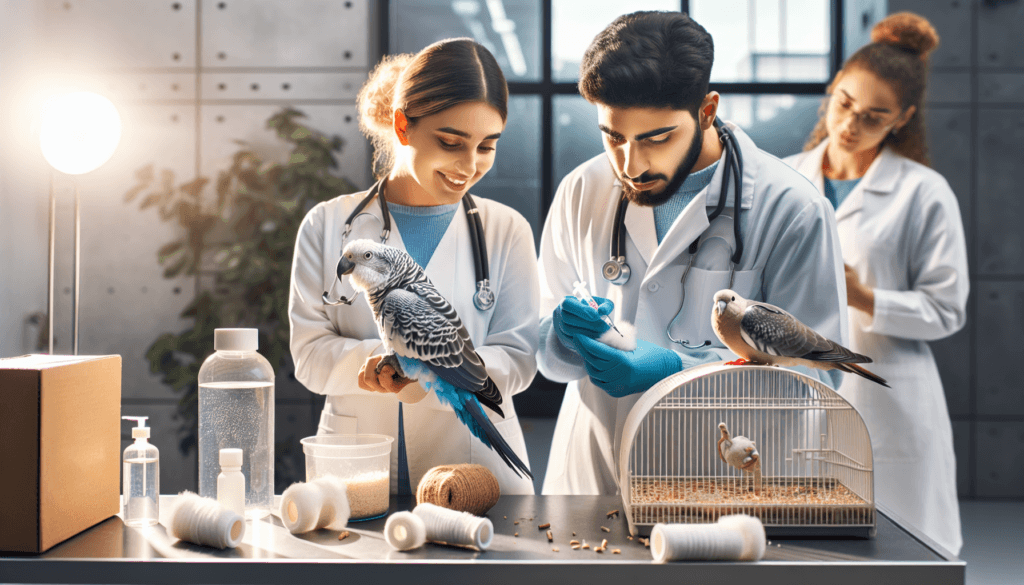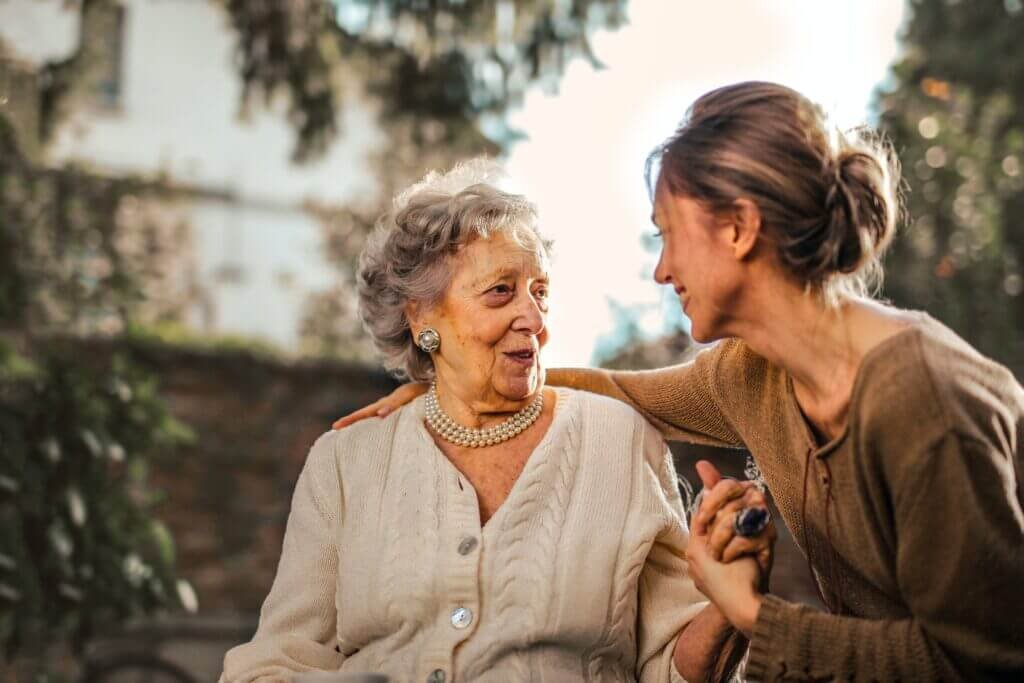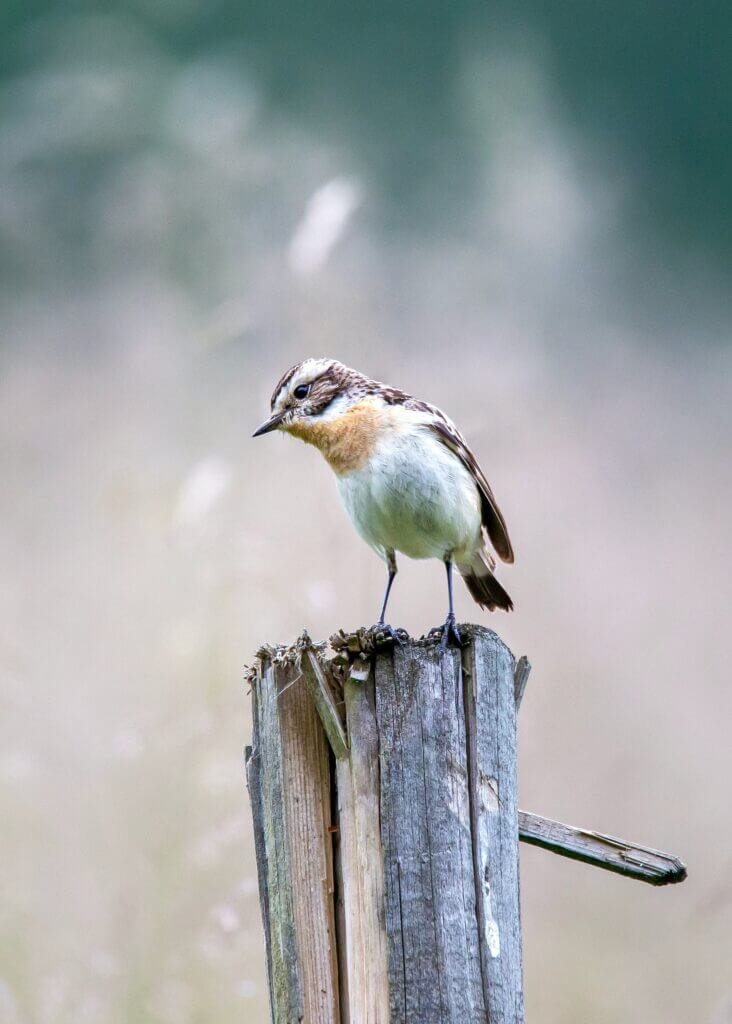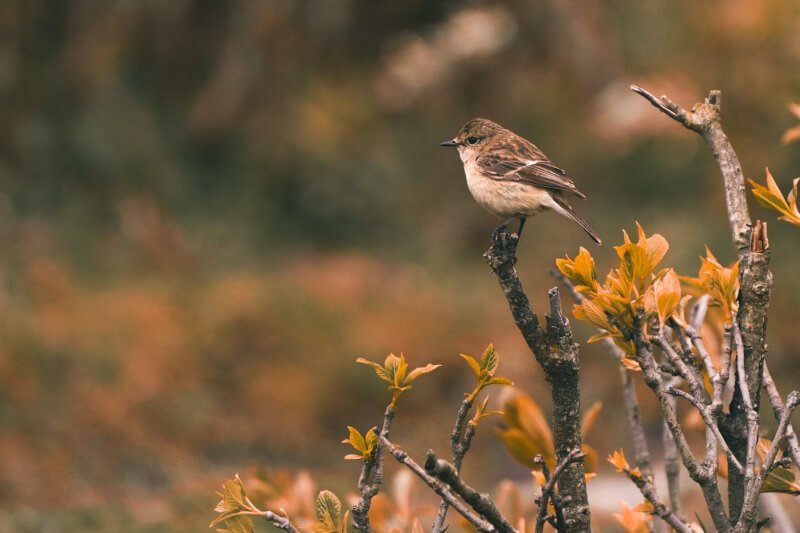Bird owners often underestimate the significance of regular avian veterinary care, but it plays a pivotal role in maintaining the health and well-being of our feathered friends. From preventing potential illnesses to addressing any existing health issues, avian veterinary care ensures that birds receive the necessary attention and medical expertise they need. This article explores the undeniable importance of consistent avian veterinary care and sheds light on the numerous benefits it brings to our beloved avian companions. So, let’s dive into the world of avian health and discover why regular veterinary care is crucial for our feathered pals. Regular avian veterinary care is of utmost importance for the overall health and well-being of your feathered friend. Just like any other pet, birds require proper medical attention and preventive care to ensure they live a long and healthy life. By investing in regular check-ups, vaccinations, and other preventive measures, you can significantly reduce the risk of various diseases and keep your bird thriving. In this comprehensive article, we will explore the different aspects of avian veterinary care and why they matter for the health of your beloved parrot.
Preventative Care
Vaccinations and Immunizations
One of the key components of preventive care for birds is the administration of vaccinations and immunizations. Just like humans, birds are susceptible to certain diseases that can be prevented through proper vaccination protocols. A knowledgeable avian veterinarian will recommend and administer the necessary vaccines to protect your bird from infectious diseases such as avian influenza, psittacosis, and salmonella.
Regularly vaccinating your bird ensures that they build a strong immune system and are able to effectively fight off common diseases. Vaccinations also help prevent the spread of infectious diseases in avian communities, making them essential for the overall health of the bird population.
Regular Check-ups
Regular check-ups are essential for identifying and addressing any potential health issues before they escalate into serious problems. During these routine examinations, your avian veterinarian will thoroughly examine your bird from head to toe, checking for any signs of illness or abnormalities.
These check-ups allow the veterinarian to evaluate your bird’s overall health, monitor their weight, check their beak and feather condition, and assess their respiratory function. By detecting any issues early on, the veterinarian can develop a tailored treatment plan and provide recommendations for maintaining optimal health.
Parasite Control
Parasites such as mites and worms are common in birds and can cause considerable harm to their health if left untreated. Regular avian veterinary care includes discussing and implementing an effective parasite control program to keep your bird free of these harmful organisms.
Your avian veterinarian will recommend appropriate preventative measures such as topical treatments or oral medications to control and eliminate parasites. By preventing infestations or treating them promptly, you can protect your bird from discomfort, weight loss, and potential complications related to parasite-borne diseases.

Early Disease Detection and Treatment
Recognizing Symptoms
While parrots may be experts at hiding signs of illness, it is crucial for parrot owners to be vigilant in recognizing any symptoms of disease. Paying close attention to your bird’s behavior and appearance can help you identify potential health issues early on.
Look out for signs such as changes in appetite, lethargy, abnormal droppings, excessive grooming, breathing difficulties, or unusual feather plucking. If you notice any unusual behavior or physical changes, it is important to notify your avian veterinarian promptly.
Diagnostic Testing
In cases where symptoms are present or a routine check-up indicates the need for further investigation, diagnostic testing may be necessary. These tests help in accurately diagnosing any underlying health conditions and provide valuable insight into the best course of treatment.
Common diagnostic tests for parrots include blood tests, fecal examinations, and radiographs. These tests can detect diseases such as bacterial or viral infections, organ dysfunction, and nutritional deficiencies. By utilizing diagnostic testing, your avian veterinarian can make informed decisions regarding the most appropriate treatment plan for your bird.
Prompt Treatment
Upon diagnosis of any health issues, it is crucial to initiate treatment promptly. Avian veterinarians are well-versed in the unique requirements of treating birds and can provide tailored treatment options for each specific condition.
Treatment may include medications, dietary modifications, environmental changes, or surgical interventions depending on the nature of the disease. Prompt treatment not only increases the chances of a successful recovery but also minimizes the risk of complications or deterioration of your bird’s condition.
Preventing Zoonotic Diseases
Avian Influenza
Avian influenza is a highly contagious viral disease that can affect both birds and humans. While the risk of transmission to humans is generally low, it is crucial to prevent the spread of the virus among bird populations.
Regular avian veterinary care ensures that your bird is vaccinated against avian influenza, reducing the likelihood of contracting the disease. Additionally, strict biosecurity measures should be followed to prevent the introduction and spread of the virus, especially in multi-bird households or aviaries.
Psittacosis
Psittacosis, also known as parrot fever, is caused by the bacterium Chlamydia psittaci and can be transmitted from birds to humans. Regular avian veterinary care involves screening for and treating psittacosis, thereby reducing the risk of human infection.
Simple measures like practicing good hygiene, using proper respiratory protection, and thoroughly cleaning bird cages and toys can also minimize the risk of transmission. By taking preventive measures and seeking avian veterinary care when needed, you can protect both yourself and your bird from the effects of psittacosis.
Salmonella
Salmonella is a bacterial infection that can affect a wide range of animals, including birds. It is important to prevent the transmission of Salmonella from birds to humans by practicing good hygiene and carefully handling and preparing bird food. Regular avian veterinary care can help detect and treat Salmonella infections in birds, reducing the risk of transmission to humans within the household.

Nutritional Guidance
Balanced Diet Recommendations
A balanced and nutritious diet is essential for the overall health and well-being of your bird. Avian veterinarians can provide recommendations on the appropriate diet for your specific bird species, taking into consideration their age, size, and individual needs.
A diet rich in fresh fruits, vegetables, high-quality pellets, and limited amounts of seeds ensures that your bird receives all the necessary nutrients for optimal health. Your avian veterinarian will guide you on the proper proportions and variety of foods to include in your bird’s diet to ensure they are receiving a balanced and complete nutrition.
Supplement Recommendations
In certain situations, additional supplements or vitamins may be necessary to address specific nutritional deficiencies or health conditions. Your avian veterinarian may recommend dietary supplements such as calcium, vitamin D, or probiotics to support your bird’s overall health and immune system.
However, it is important to consult with your avian veterinarian before introducing any supplements, as excessive or unnecessary supplementation may have detrimental effects on your bird’s health. The guidance of a professional ensures that your bird receives the appropriate supplements in the right dosage.
Managing Weight
Proper weight management is crucial for your bird’s overall health and can help prevent conditions such as obesity, cardiovascular disease, and joint problems. Avian veterinarians can assess your bird’s weight and body condition during regular check-ups and provide recommendations for maintaining a healthy weight.
By discussing your bird’s diet, portion sizes, and activity levels, the veterinarian can develop a suitable weight management plan. Regular monitoring of your bird’s weight and adjustment of their diet and activity levels can help ensure they maintain a healthy body weight throughout their life.
Behavioral Assessments
Addressing Behavioral Issues
Behavioral issues can significantly impact the well-being and quality of life for both birds and their owners. Avian veterinarians are well-equipped to address and manage various behavioral problems that may arise in your bird.
Through a comprehensive behavioral assessment, the veterinarian will analyze the underlying causes of the behavioral issues and provide guidance on how to modify or improve the behavior. They may recommend training techniques, environmental enrichment activities, or behavioral modification strategies to promote positive behaviors and reduce problematic ones.
Creating Enrichment Activities
A stimulating and enriched environment is essential for a bird’s mental and emotional well-being. Avian veterinarians can provide valuable insight into creating enrichment activities tailored to your bird’s species, keeping them mentally engaged and stimulated.
Enrichment activities can include providing varied toys, foraging opportunities, and social interaction. These activities not only prevent boredom and destructive behaviors but also promote natural instincts and overall psychological well-being for your bird.
Training and Socialization
Proper training and socialization are important aspects of raising a well-behaved and well-adjusted bird. Avian veterinarians can offer guidance on positive reinforcement training techniques, ensuring that your bird learns desired behaviors while maintaining a positive and trusting relationship with you.
Additionally, socialization with humans and other birds can help prevent behavioral issues and promote a healthy social life for your bird. Avian veterinarians can provide advice on introducing and integrating new birds into your household, as well as strategies for helping your bird develop positive relationships with both humans and other animals.

Reproductive Health Management
Preventing Egg Binding
Egg binding is a potentially life-threatening condition that occurs when a female bird is unable to expel an egg from her reproductive tract. Regular avian veterinary care is essential for monitoring the reproductive health of your bird, especially in females.
By performing regular physical examinations and imaging studies, your avian veterinarian can detect any abnormal egg development or egg binding at an early stage. Prompt intervention, such as providing supplemental calcium or hormone therapy, can help alleviate the condition and prevent complications.
Managing Breeding Habits
Breeding birds require specific care and attention to ensure optimal health and successful reproduction. Avian veterinarians can provide guidance on managing breeding habits and creating appropriate nesting conditions for your birds.
By discussing factors such as lighting, temperature, and nutrition, the veterinarian can help create an environment conducive to successful breeding. They can also guide you on proper breeding techniques, including breeding pairs with compatible temperaments and monitoring egg-laying behavior.
Evaluating Reproductive Conditions
Avian veterinarians are skilled in evaluating and treating various reproductive conditions that may affect your bird’s reproductive health. Conditions such as ovarian or testicular tumors, infections, or hormonal imbalances can have a significant impact on the reproductive system.
Regular reproductive health evaluations can help detect and treat these conditions before they cause complications. Veterinary intervention and appropriate treatment options can help maintain your bird’s reproductive health and prevent any potential reproductive problems.
Respiratory Disease Prevention
Air Quality Management
Clean and fresh air is crucial for the respiratory health of your bird. Avian veterinarians can provide recommendations on maintaining good air quality in your bird’s environment to prevent respiratory issues.
Proper ventilation, avoidance of smoking or exposure to chemicals, and regular cleaning of cages and perches can contribute to better air quality. With the guidance of an avian veterinarian, you can create an environment that minimizes respiratory irritants, reducing the risk of respiratory diseases.
Eliminating Potential Irritants
Birds have sensitive respiratory systems, and exposure to certain irritants can lead to respiratory issues. Your avian veterinarian can provide guidance on identifying and eliminating potential respiratory irritants in your bird’s environment.
Common irritants include tobacco smoke, aerosol sprays, cleaning chemicals, and certain types of bedding materials. By eliminating or minimizing exposure to these irritants, you can help protect your bird’s respiratory health and reduce the risk of respiratory infections.
Preventing Respiratory Infections
Respiratory infections can be detrimental to your bird’s health and often require veterinary intervention for proper treatment. Regular avian veterinary care includes preventative measures to reduce the risk of respiratory infections.
Vaccinations, environmental management, and good hygiene practices play a crucial role in preventing respiratory infections. By following the recommendations of your avian veterinarian and fostering a clean and healthy living environment, you can help safeguard your bird against respiratory diseases.

Parrot-Specific Concerns
Psittacine Beak and Feather Disease
Psittacine beak and feather disease (PBFD) is a viral disease that affects parrots and can lead to severe feather loss and beak abnormalities. Regular avian veterinary care aims to prevent and manage PBFD in parrots.
Vaccination against PBFD is available for certain species of parrots and can offer protection against the disease. Regular testing for PBFD antibodies, especially when acquiring a new bird, helps ensure early detection and appropriate management if necessary.
Polyoma Virus Infections
Polyoma virus is a highly contagious and potentially fatal disease that primarily affects young parrots. Regular avian veterinary care includes vaccination against polyoma virus as a preventive measure.
Early detection through regular check-ups and diagnostic testing can help identify any potential exposure or presence of the virus. Prompt intervention and supportive care can significantly improve the chances of recovery for affected birds.
Proventricular Dilatation Disease
Proventricular dilatation disease (PDD) is a debilitating and often fatal condition that affects the nervous and digestive systems of birds. Regular avian veterinary care involves monitoring for signs of PDD and providing appropriate diagnostics and treatment if necessary.
While there is currently no cure for PDD, early detection and supportive care can help manage the symptoms and improve the bird’s quality of life. Avian veterinarians can offer guidance on dietary modifications and medication regimens to alleviate the effects of PDD.
Feather Health Management
Feather Plucking Prevention
Feather plucking is a behavior that can occur due to various reasons, including medical, behavioral, or environmental factors. Avian veterinarians can help prevent and manage feather plucking by addressing the underlying causes.
Through a comprehensive assessment, the veterinarian can determine if the behavior is due to medical issues such as skin infections, allergies, or hormonal imbalances. Behavioral consultations can help address anxiety, boredom, or other psychological factors contributing to feather plucking. By addressing these underlying causes, the veterinarian can develop an individualized plan to prevent and manage feather plucking behaviors.
Identifying and Treating Feather Diseases
Feather diseases such as psittacine beak and feather disease (PBFD) or feather mite infestations can significantly impact a bird’s feather health. Regular avian veterinary care involves monitoring and diagnosing any potential feather diseases that may affect your bird.
Diagnostic tests such as skin scrapings, blood tests, or feather plucking analysis can help identify the causative factors of feather diseases. Treatment plans can include medication, dietary modifications, or environmental changes to promote healthy feather growth and prevent further deterioration of the plumage.
Improving Feather Quality
Feather quality is a reflection of overall health and well-being in birds. Proper nutrition and environmental conditions play a vital role in maintaining optimal feather quality. Avian veterinarians can provide guidance on dietary recommendations, ensuring that your bird receives all the necessary nutrients to support feather growth.
In addition to nutrition, environmental factors such as temperature and humidity levels can also impact feather quality. By maintaining a suitable habitat and identifying potential stressors or irritants, you can help promote healthy feather growth and maintain your bird’s vibrant plumage.

Avian Dental Care
Beak Trimming and Maintenance
The beak is an essential tool that birds use for various activities, including eating, climbing, and preening. Regular avian veterinary care involves beak trimming and maintenance to ensure proper beak function and prevent overgrowth or abnormalities.
Avian veterinarians can perform beak trims as needed, removing any excess length or abnormalities that may hinder your bird’s ability to eat or perform daily activities. They can also provide guidance on techniques for beak maintenance at home, such as providing suitable chew toys or perches to promote natural wear and care of the beak.
Preventing Beak and Mouth Diseases
The beak and mouth are susceptible to various diseases, including infections, abscesses, or tumors. Regular avian veterinary care involves frequent examinations to monitor the health of your bird’s beak and mouth.
If any abnormalities or signs of disease are detected, the veterinarian can perform appropriate diagnostic tests and recommend treatments such as medications or surgical interventions to address the condition. Preventive measures, such as maintaining good oral hygiene and providing suitable enrichment activities, can also minimize the risk of beak and mouth diseases.
Professional Dental Cleaning
Professional dental cleanings may be necessary for birds with advanced dental disease or significant buildup of tartar or plaque. Avian veterinarians are skilled in performing dental cleanings and can recommend this procedure if deemed necessary.
Professional dental cleaning involves the use of specialized tools and equipment to remove tartar and plaque from the bird’s teeth. This procedure is typically performed under anesthesia to ensure the bird’s comfort and safety. By addressing dental issues through professional cleanings, avian veterinarians can help prevent pain, infection, and other complications associated with dental disease.
Regular avian veterinary care is essential for the overall health and well-being of your parrot. By following preventive measures, addressing potential health issues promptly, and seeking professional guidance, you can provide your feathered friend with the best possible care. Remember, a healthy bird is a happy bird, and with regular avian veterinary care, you can ensure a long and joyful companionship with your beloved parrot.


